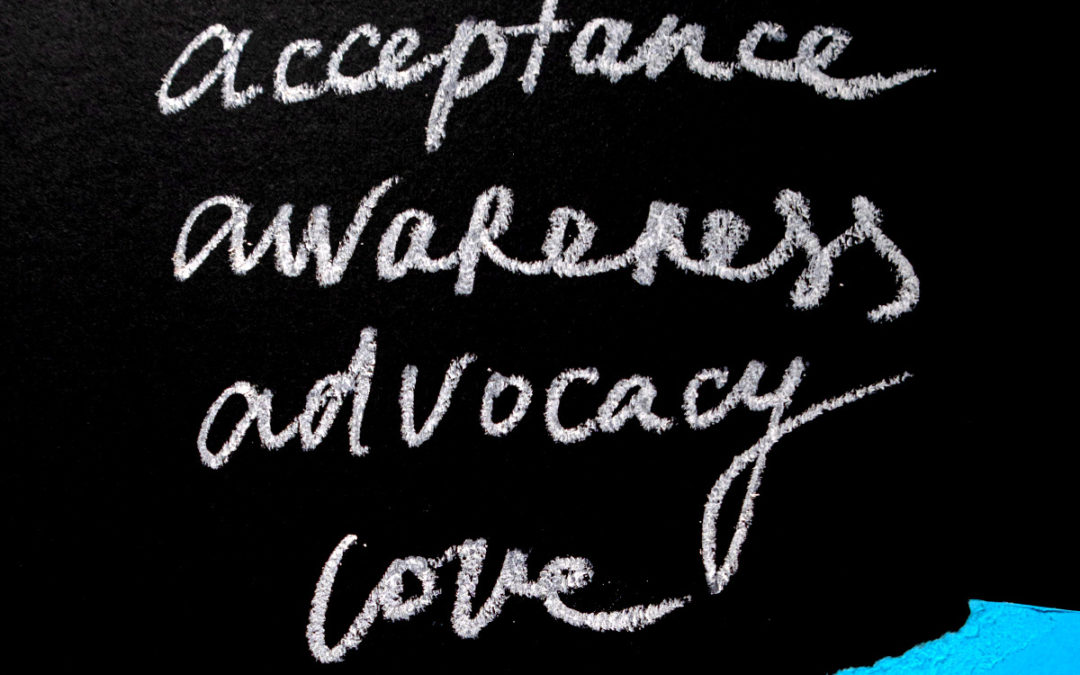Many aspects of addiction can help you determine if that is something you continue to struggle with after treatment. This same realization is essential to be aware of in the event of relapse.
Recognizing an Addiction
One of the first steps of coming to terms with addiction — as you learned in treatment — is having the ability to recognize addiction and the signs of relapse. The following signs and symptoms of addiction are crucial to be aware of. If you notice yourself engaging in these behaviors, you may need to open yourself to the possibility of struggling with relapse, or lacking relapse prevention techniques, and reach out to receive the help you need. These signs and symptoms include:
- Frequent changes in social networks
- Self-isolation and increasing amounts of time spent alone
- Loss of interest in hobbies and previously enjoyable activities
- Lack of self-care and personal hygiene
- Missing appointments and obligations
- Excessive change in appetite
- Change in sleeping habits
- Difficulty maintaining relationships
Accepting Your Addiction
To free yourself from addiction, it is essential to accept your current state and previous levels of addiction. Many individuals struggle to accept their past because they view their actions as lifelong consequences. This mental blockage can cause individuals to overlook the severity of their addiction on their mental, physical, and spiritual state. Learning to accept your past is essential to move forward and continue life free of substances.
As hard as this blockage may be to overcome, it is important to work through it. You are the only person who can do the difficult work of accepting the reality of your addiction so that you can move forward from it. Getting support from other people in your life can help you do so; however, this choice to move forward is your decision and yours alone. Hearing the opinions of individuals you respect can help you understand how essential the acceptance of this issue is.
Coming to Terms
After accepting that you may be struggling, either with your previous addiction or the potential of relapse, you may experience an overwhelming flood of emotions. It can be difficult to come to terms with the knowledge of having an addiction and create a plan to maintain your progress.
Understand that you have options. There are a variety of treatment plans and resources available to help you alleviate this stress and keep your focus on recovery and healing. Dream Recovery can help you find a treatment plan that best suits you and will guide you to the success you desire and deserve.
One of the most critical things to remember during this time is that addiction is treatable. The effects addiction is having on your overall life, and the struggles that may come within the recovery process are only temporary. Looking at goals you have set for the future, understand that you are fully capable of achieving them. You will not be stuck in this state forever if you commit to working through recovery. Work towards accepting your past and managing your emotions when thoughts of relapsing arise.
Accept Yourself
Throughout the process of recovery, it is vital to accept who you are. Learn to accept your successes and your failures. Recovery is not a straight path. Learning to use your failures as learning opportunities is critical. Accepting yourself and working toward your desired goals will set you up to make progress throughout your life and allow you to come to terms with your current situation no matter what it is.
A significant part of accepting yourself during this time is allowing yourself to be fully honest regarding your progress. If you discover certain habits or practices that are not benefiting your recovery, work to implement new habits and change your lifestyle to fit your needs. If you avoid accepting your failures, it can be extremely difficult to succeed in recovery. Having an honest mindset about your success will allow you to implement necessary practices to maintain it.
Understand Available Options
Each individual who works towards addiction recovery has recovery plans that work for them, and not everyone responds the same way to a specific therapy. Fortunately, there are a variety of treatment plans available if a relapse is encountered or to help you rationalize the idea of being in recovery. It is vital to learn about the different options that are available and choose an option that seems suitable to you.
Find a plan that is well suited to you and engages you in the treatment process. Taking part in a post-recovery plan that you feel is beneficial to your well-being can help you better tune into your addiction and continue accepting yourself long after treatment.
Coming to terms with the challenges of addiction recovery —and the damage of active addiction — can be extremely difficult, especially after treatment. Addiction is a lifelong journey that can leave you susceptible to relapse, so it is essential to know how to combat cravings and avoid it. If you find that you are struggling with any of these signs and symptoms, reach out to a professional to find a treatment plan that is right for you. It is essential to understand the recovery process and how it affects your future by being aware of the potential obstacles that may arise. Accept yourself and allow honest reflection throughout your lifestyle to help you maintain success. For help accepting your past with addiction, learning relapse prevention techniques, or for treatment after relapse, reach out to Dream Recovery today at (949) 732-1960.


Recent Comments